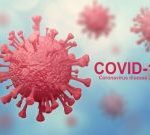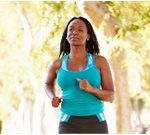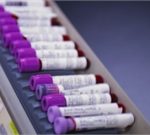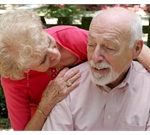
As many states began to reopen their economies on Monday, a new internal report from the Trump administration predicts that will come at a cost: There will be 200,000 new coronavirus cases and 3,000 deaths every day by the end of May. Those projections, based on data collected by various government agencies, are way up from the current levels of 30,000 new cases and 1,750 deaths a day, The New York Times reported. Troubling predictions came from more than one source on Monday: A forecasting model from University of Washington researchers also raised its projections to more than 134,000 American deaths from COVID-19 by early August, the Times reported. That’s a doubling from the 60,000 total deaths that was previously predicted, an increase that the researchers said partly reflects “changes in mobility and social distancing policies,” the Times reported. All of the numbers illustrate a grim fact: Even though the country has essentially been in lockdown for the past seven weeks, the coronavirus prognosis hasn’t really changed. Still, 27 states had loosened at least some social distancing restrictions by Monday, a new Kaiser Family Foundation analysis shows, the Times reported. But only 20 of those states meet the reopening criteria from the Trump administration. The remaining seven — Indiana, Iowa, Kansas, Minnesota, Mississippi, Nebraska and Wyoming — are still showing increases in daily infections and… read on >


















